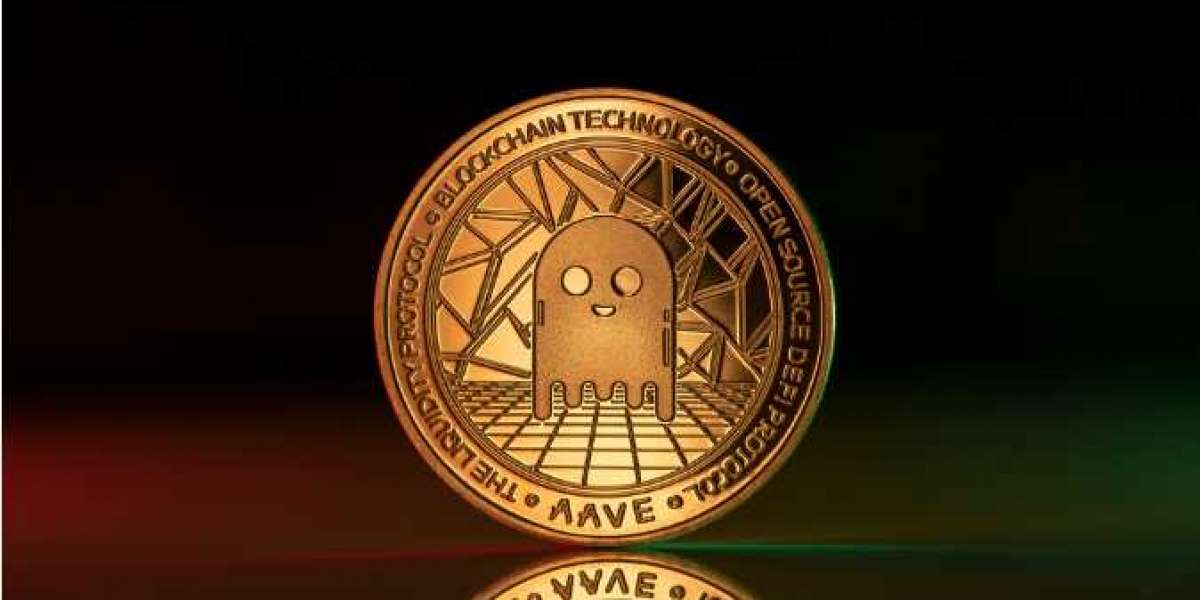El Salvador's Economy Minister, Maria Luisa Hayem Brevé, has suggested a Digital Assets Issuance Bill. Within this long document, a legal framework for the acceptance of all cryptocurrencies in El Salvador has been legally established and put out. This framework has been laid out in accordance with international standards.
El Salvador's president, Nayib Bukele, made the announcement on November 16 that his country would begin purchasing one Bitcoin (BTC 4.81%) per day beginning on November 17, despite the historic collapse of the cryptocurrency market. Bukele's announcement came a day after Bitcoin's price dropped below $4,800. This nation has already put more than one hundred million dollars into bitcoin.
The Urgent Need To Restructure Laws Regarding Digital Assets
Any activity involving the transfer of digital assets would be governed by the legislation, and its stated purpose would be to "support the efficient development of the digital asset market and safeguard the rights of acquirers."
By isolating cryptocurrencies from all other assets and financial commodities, it establishes a specialized regulatory framework for regulating cryptocurrencies specifically. The legislation is clear and unequivocal since in order for a digital asset to be included in this category, it must make use of a distributed ledger or another technology that is functionally equivalent to it.
Dealings with CBDCs, transactions involving non-tradable or non-exchangeable assets, transactions involving restricted assets such as securities, and transactions involving sovereign assets subject to foreign law are not allowed under the framework of the legislation.
The following items on this list represent some of the more fascinating facets of the law:
The establishment of a register of suppliers and providers of digital assets.
Full crypto legalization.
The terms stablecoin and token are defined here.
Regulation of the sale of digital assets to the general population.
In certain circumstances, individuals are exempt from paying taxes.
El-Salvador offers the Bitcoin bill for consideration.
During the announcement of the bill that took place exactly one year ago, the initiative to bring capital and investors to El Salvador was mentioned for the very first time. On the Liquid Network, which is a federated Bitcoin sidechain, it plans to issue bonds with a total face value of one billion dollars. $500 million of the proceeds from the bonds would be allocated directly to bitcoin, while the remaining funds would be used to develop the area's energy and bitcoin mining infrastructure. These funds would come from the proceeds of the bonds.
Because of the new law governing digital securities, El Salvador has the potential to become the economic and financial center of both Central and South America. A license will be issued to Bitfinex so that it can manage the issuance of bonds in El Salvador and list them on its platform. The bonds will allow investors to obtain citizenship in a expedited manner while also providing an interest rate of 6.5%.
Tether Has a Response to the New Stablecoin Law
The purpose of these new regulations is to broaden the scope of the market for accepted digital assets in El Salvador beyond Bitcoin. The use of stablecoins, which obviously hold a significant amount of importance for the Tether team, will be one of the officially sanctioned forms of digital asset use moving forward.
There is a possibility that the new rules' widespread acceptance could be attributed, at least in part, to Bukele's stated goal of offering a secure haven for businesses dealing in digital assets that would rather steer clear of more heavily regulated jurisdictions.




Alphonsus Odumu 5 w
El Salvador crypto news update